Crosswords0 min ago
English Is Weird
36 Answers
Bumped into this online, and I thought you might enjoy it!

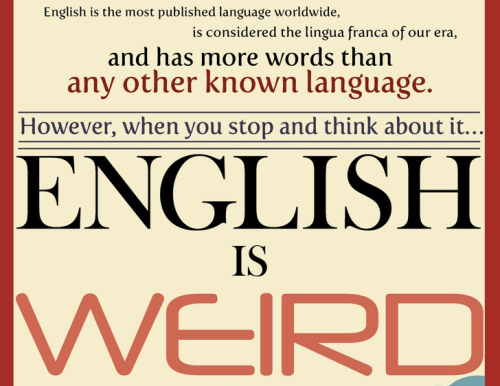
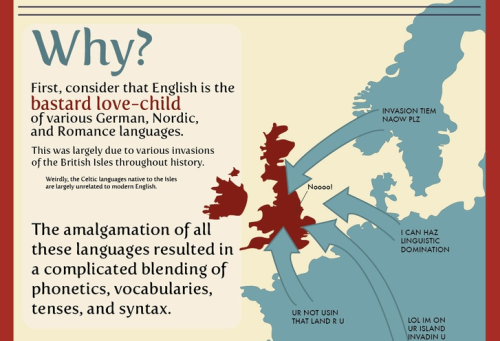

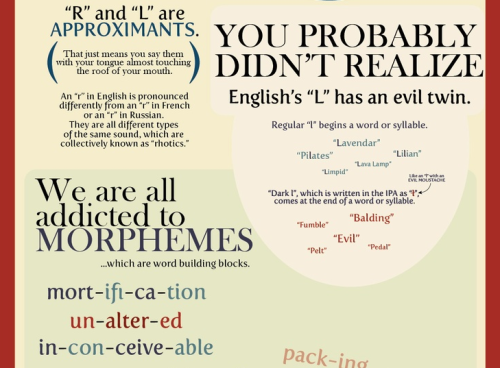
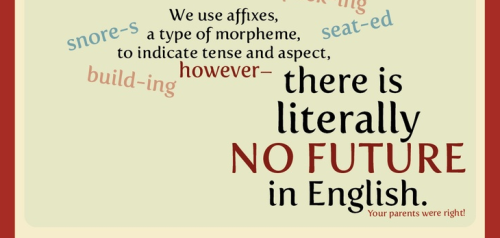
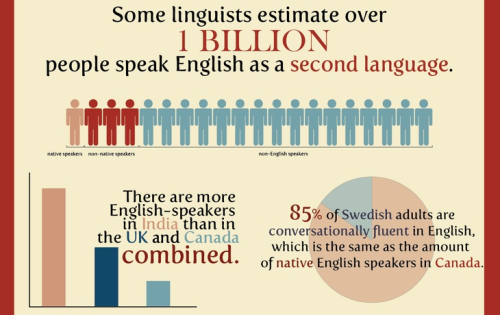









Answers
Best Answer
No best answer has yet been selected by AB Editor. Once a best answer has been selected, it will be shown here.
For more on marking an answer as the "Best Answer", please visit our FAQ.Additionally, there are some words which change their meaning according to context. 'Quite' is an example. "I was quite pleased to meet you" does not mean "very pleased". But the reply "Quite" to the statement " That is a dreadful situation" means "Absolutely so, I agree fully" and "It was quite dreadful" means "it was utterly dreadful", not " it was a bit dreadful", yet "It was quite frightening" does mean "it was a bit frightening".
No wonder foreigners get confused. And one thing beginners find difficult is that we add just word one to a verb and change the meaning : wash up, wash down, wash over; pull up, pull down, pull over etc
No wonder foreigners get confused. And one thing beginners find difficult is that we add just word one to a verb and change the meaning : wash up, wash down, wash over; pull up, pull down, pull over etc
Sanction can mean either to allow some action or penalise one...let usually means allow something to proceed, but in tennis a let is a hindrance to a service proceeding...fast can describe rapid movement or a total lack of movement...cleave can mean to cling to or split apart and so on.
Wonderful, isn't it, that we can often use words to mean exact opposites!
Wonderful, isn't it, that we can often use words to mean exact opposites!
bigger version available here: http://
exactly old geezer - c,t is obviously different to (!) sh
and you are asking what is the connection.
Not bad - the morphemes they are talking about are in fact phonemes. - as written they are graphemes - pick pick pick
I will baulk a bit at : there will be no future in English
took me back a bit.
There is no declined Future - which is constructed with 'will' and 'shall'
tell you what - there used to be a future in auncient Gk and NT Gk - just stuff an 's' infront of the present tense endings
but in modern gk it is constructed with 'tha' and a subjunctive which represents a contraction of thelo (I wish) .
Had to tell you that.
and you are asking what is the connection.
Not bad - the morphemes they are talking about are in fact phonemes. - as written they are graphemes - pick pick pick
I will baulk a bit at : there will be no future in English
took me back a bit.
There is no declined Future - which is constructed with 'will' and 'shall'
tell you what - there used to be a future in auncient Gk and NT Gk - just stuff an 's' infront of the present tense endings
but in modern gk it is constructed with 'tha' and a subjunctive which represents a contraction of thelo (I wish) .
Had to tell you that.






